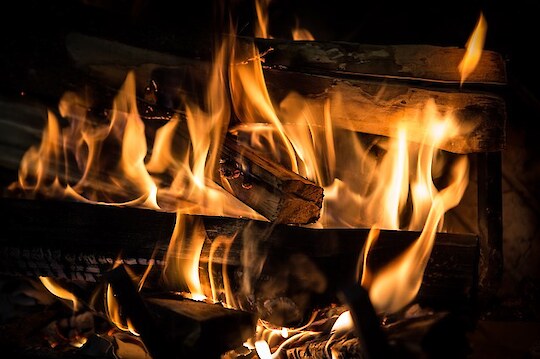
Do you rely on a fire place or multi burner in the winter or are you looking at purchasing a property with one? If your answer is yes, there are fuel regulations you might not be aware of.
Home Heating
Southland prohibits wet wood, chemically treated timber (such as fence posts and some building materials), painted and varnished timber and synthetics including plastics from being burnt. Burning treated wood exposes you and your family to dangerous chemicals.
Firewood Tips
- Storage
- Store firewood in a dry place with the top covered.
- Stack wood loosely off the ground, ideally to allow air to circulate.
- Be aware of ‘roadside supply’
- If you choose to purchase firewood from a ‘side of the road’ source, you may get caught out with a green load. When wood is difficult to burn, it does not produce as much heat as dry wood, it will be extremely smoky, reducing cost effectiveness and will clog your flue with creosote, and become dangerous quite quickly.
- Keep your chimney clean.
- If kept clean, this will help prevent chimney fires, and help your wood burner run more efficiently.
- Chimney fires are caused by a build-up of creosote in chimneys when wet wood is burnt or wood is burnt at low temperatures. A chimney fire can quickly lead to a house fire.
Phasing Out
Open fires and non-approved burners/boilers are being phased out of use. If you are using an open fire or burner in your home, it must meet national environmental standards for emissions and thermal efficiency. There are no approved multi-fuel or coal burners at present. Non-approved burners/boilers will be phased out from January 1, 2016 to January 1, 2029.
